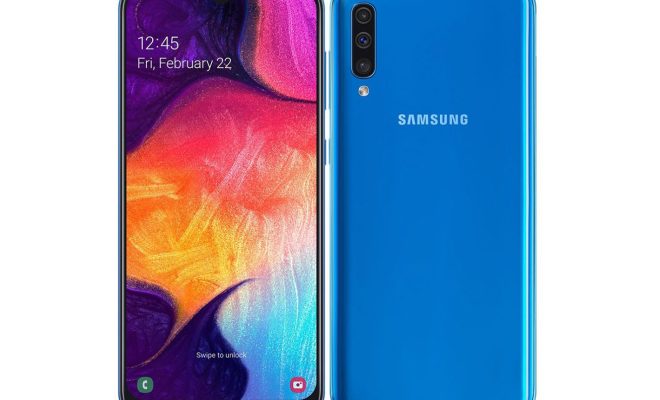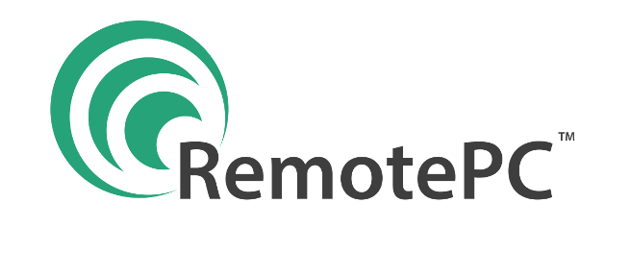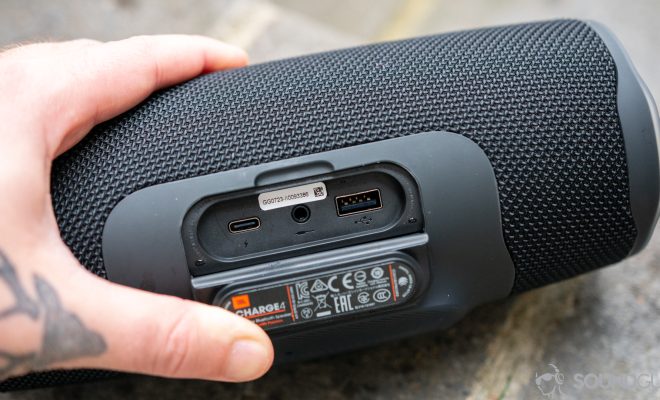Can You Run a Virtual Machine on a Smartphone? How Does It Work?

With the rapid advancement of smartphone technology, many people may be wondering whether they can run a virtual machine on their device. A virtual machine (VM) is a program that allows you to run a separate operating system within your existing one, without the need for additional hardware.
So, can you run a virtual machine on a smartphone? The answer is yes, but with some limitations. Smartphones do not have enough processing power or memory to run a full-fledged VM like those found on desktops or servers. However, there are some lightweight VMs available that can work on mobile devices.
One such example is Android Virtualization, which allows you to run multiple instances of Android on your smartphone or tablet. This is achieved through a process called virtualization, where the Android OS is installed on a virtual machine platform that runs within the existing operating system. This allows you to switch between multiple Android environments, each with its own set of apps and settings.
Another option is the VMOS app, which is available on the Google Play Store. VMOS uses virtualization to create a separate operating system on your smartphone that runs independently from your primary one. This allows you to run apps, games, and other software that may not be available on your primary OS.
Both of these options rely on virtualization technology, which allows multiple operating systems to run simultaneously on a single hardware platform. Virtual machines are isolated from the main operating system and do not interfere with it, so you can run a VM without affecting the performance of your smartphone.
In addition to these options, there are also cloud-based virtualization solutions that allow you to access a virtual machine from your smartphone through a remote connection. This can be useful if you need access to powerful computing resources for your work or other projects.






